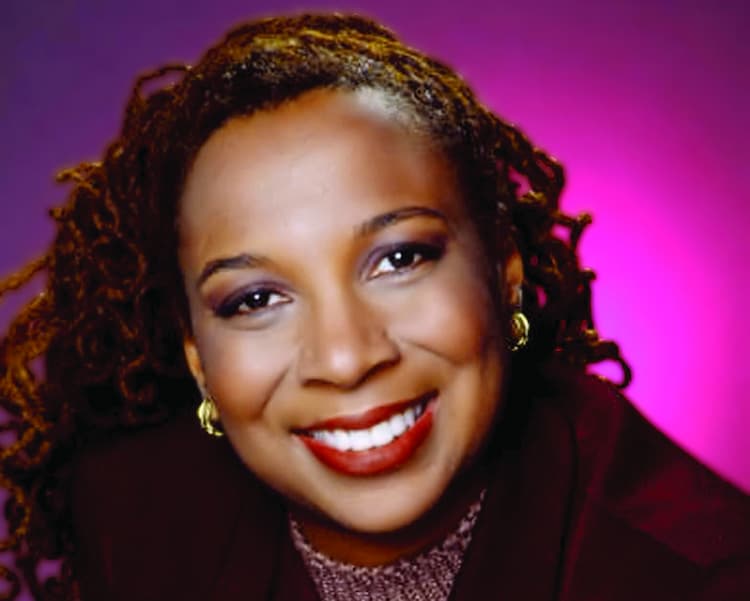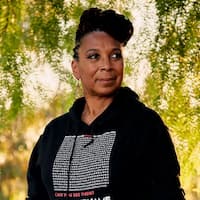Kimberlé Crenshaw Biography
Kimberlé Crenshaw is a civil rights activist and critical race theory scholar from the United States who teaches at the UCLA School of Law and the Columbia Law School, where she focuses on race and gender issues.
How old is Kimberlé Crenshaw? – Age
She is 63 years old as of 5 May 2022. She was born in 1959 in Canton, Ohio, United States. Her real name is Kimberlé Williams Crenshaw.
Kimberlé Crenshaw Family – Education
Crenshaw was born to parents Marian and Walter Clarence Crenshaw, Jr. Canton McKinley High School was her alma mater. She earned a bachelor’s degree in government and Africana studies from Cornell University in 1981, where she was a member of the Quill and Dagger senior Honors’ Society. In 1984, she graduated with honors from Harvard Law School. She earned her LL.M. in 1985 from the University of Wisconsin Law School, where she was a William H. Hastie Fellow and law clerk to Wisconsin Supreme Court Judge Shirley Abrahamson.
Kimberlé Crenshaw Intersectionality
In the 1980s, Crenshaw introduced intersectionality theory to feminist theory. It is believed that intersectionality was first introduced in 1987 in a seminal paper written by Crenshaw for the University of Chicago Legal Forum. The paper attempted to dispel the widely held belief that the intersectional experience is solely the result of racism and sexism. Although the concept of intersectionality existed before Crenshaw’s theory, it was not formally recognized. Her inspiration for the theory began while she was still in college, when she realized how underdeveloped the gender aspect of race was.
She realized this after noticing that at the school she was attending, there were classes that addressed both race and gender issues. Women were only discussed in literature and poetry classes, while men were discussed in serious politics and economics classes.

African-American women and other women of color face overlapping forms of discrimination, and the law, unable to reconcile the two, fails to provide these women with justice. Antidiscrimination legislation and the justice system’s attempt to address discrimination are limited and operate on a single axis. When one flows into another, there is no complete and understandable definition written in law.
Crenshaw was a member of Anita Hill’s legal team when she accused then-Supreme Court nominee Clarence Thomas of sexual harassment in 1991. Crenshaw contended that by uniting against one another during this case, Anita Hill lost her voice as a black woman. She has also spoken out against misinterpretations of intersectionality, claiming that some have used it incorrectly as a catch-all term for “complicated” problems.
Kimberlé Crenshaw TED Talk
Crenshaw also discussed intersectionality theory in a TED Talk in October 2016.
Kimberlé Crenshaw My Brother’s Keeper
A national initiative to provide a ladder of opportunities for young men and men of color. The program was created in response to the outpouring of grief from the African-American community following George Zimmerman’s acquittal in the Trayvon Martin case. Crenshaw believes that because women and girls of color are part of the same communities and face the same disadvantages as underprivileged males, an effective program must include all members of the community, both girls and boys.
The letter is signed by a diverse group of men from various walks of life, including scholars, recently incarcerated men, taxi drivers, pastors, college students, fathers of sons, fathers of daughters, and others. All of the men believe that the girls in the communities where these men share homes, schools, and recreational areas share a fate, and that the initiative is lacking in focus if it does not include both genders.
